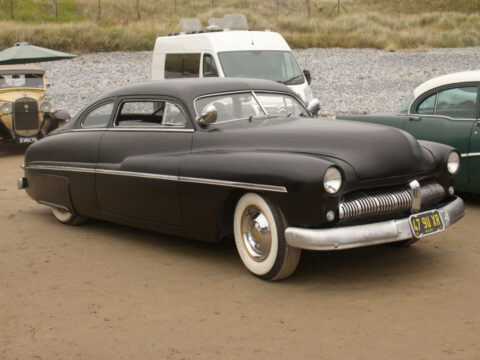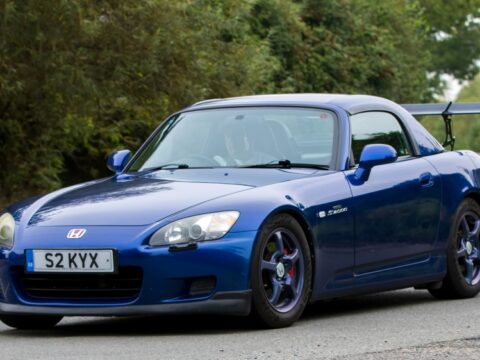In today’s fast-paced world of automotive innovation, the realm between gasoline power and green energy is becoming increasingly populated by hybrid vehicles. These eco-conscious chariots promise a blend of traditional fuel efficiency with the clean energy of tomorrow. However, as hybrids surge in popularity, so do misconceptions about their capabilities, cost, and environmental impact.
Contents
Myth: Hybrids are always more expensive than regular cars
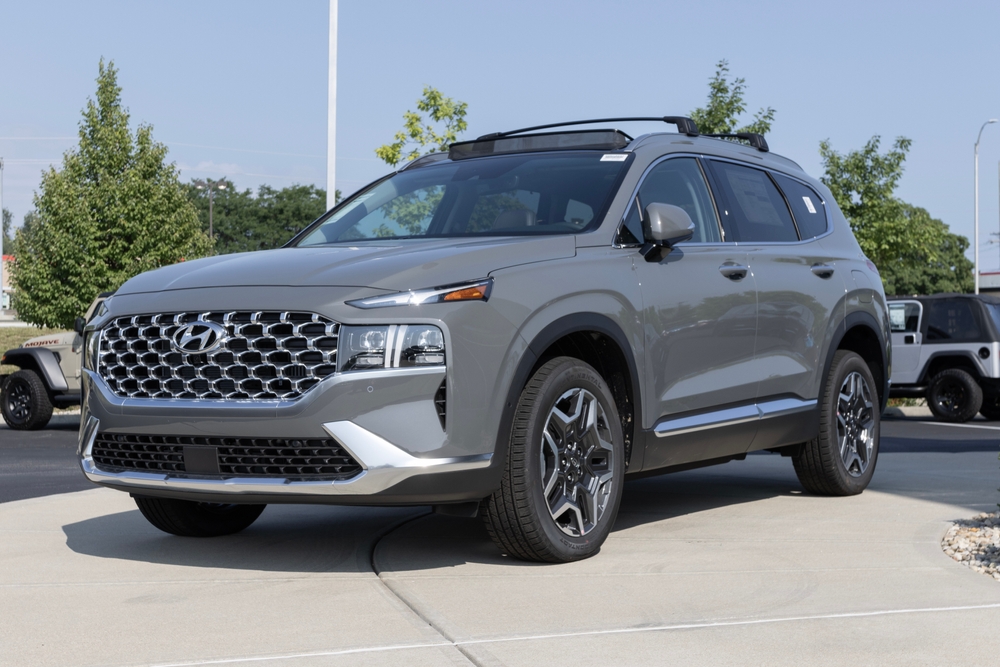
Truth: While hybrids can have a higher initial price tag compared to their non-hybrid counterparts, many consumers find that the increased fuel efficiency results in long-term savings. Additionally, various government incentives, rebates, and tax breaks can further reduce the effective cost of purchasing a hybrid.
Myth: Hybrids are only for city driving
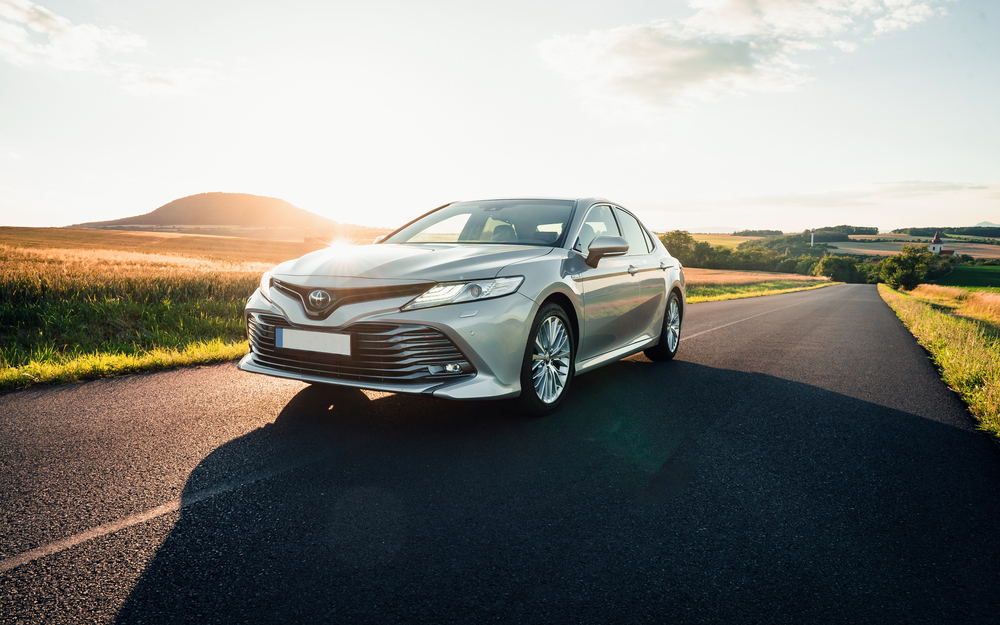
Truth: It’s true that hybrids can achieve excellent fuel efficiency in stop-and-go traffic, thanks to their electric motors. However, many hybrids also perform efficiently on highways. The efficiency largely depends on the specific make and model, and hybrids can be suitable for a variety of driving conditions.
Myth: Hybrid batteries need frequent replacement and are bad for the environment
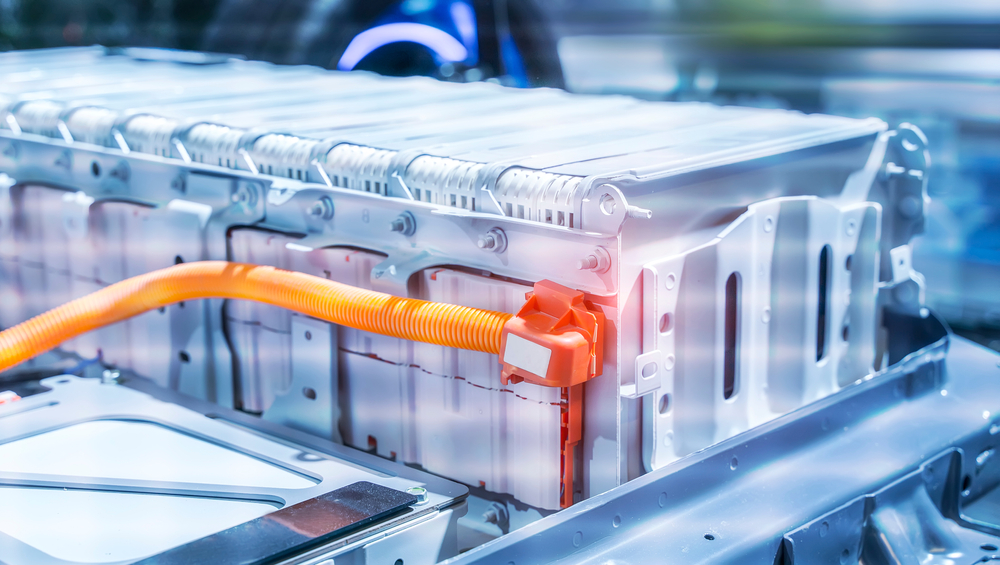
Truth: Modern hybrid batteries are designed to last for a significant portion of the vehicle’s life—often over 150,000 miles. When they do reach the end of their lifespan, many components of these batteries can be recycled, reducing environmental impact.
Myth: Hybrids lack power and performance
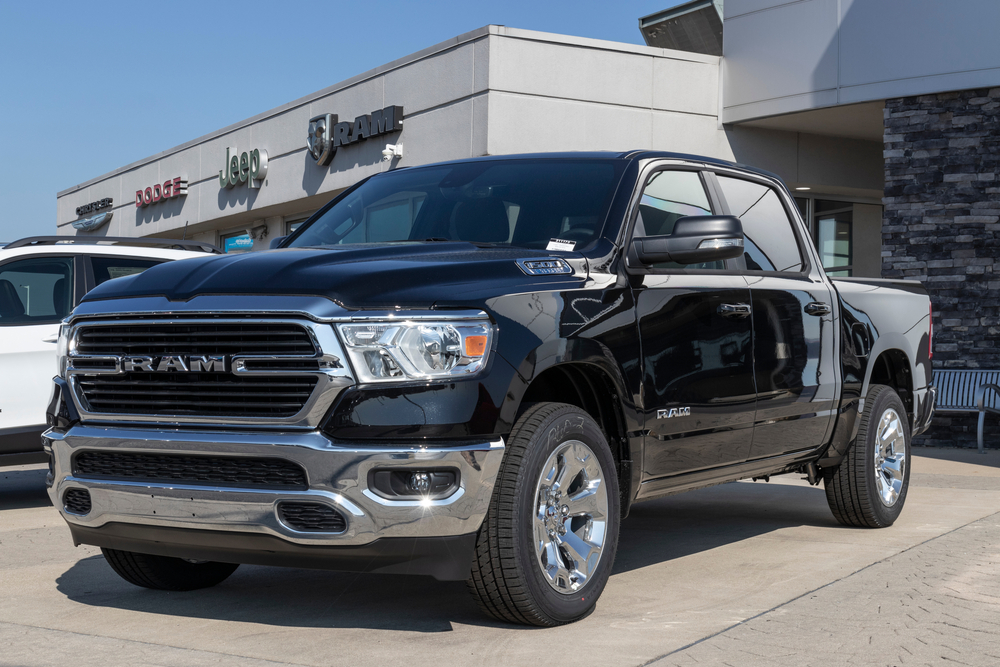
Truth: Many people assume hybrids are sluggish due to their focus on efficiency. However, the combination of an electric motor and a gasoline engine can provide a smooth and sometimes even sporty performance in many hybrid models.
Myth: Hybrids only come in compact car models
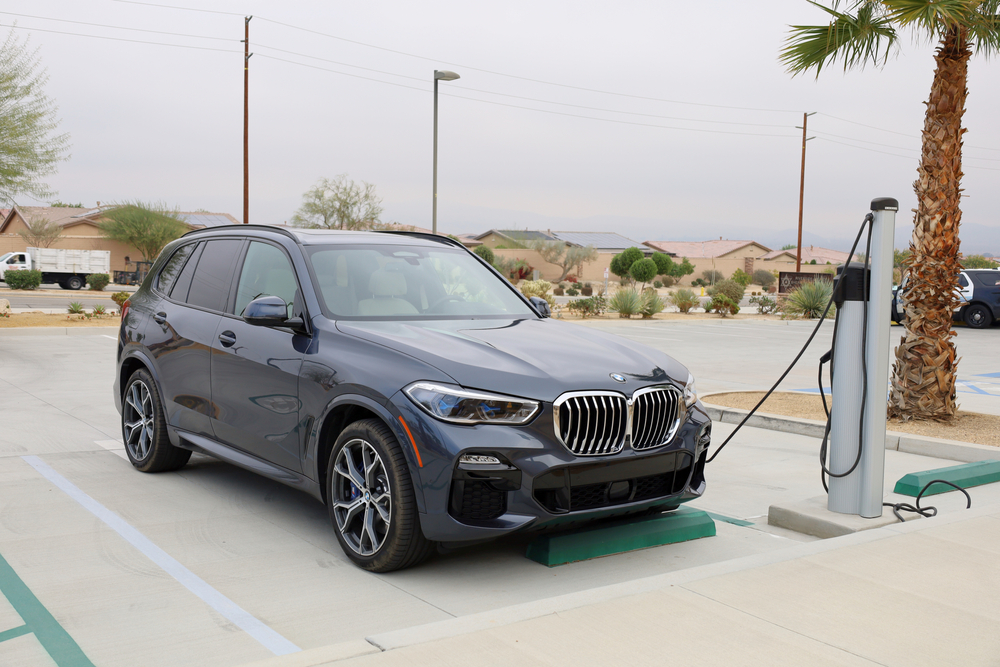
Truth: While the earliest hybrids were primarily compact cars, the hybrid market has diversified considerably. Today, you can find hybrid SUVs, trucks, and luxury cars catering to a wide range of preferences and needs.
Myth: All hybrids can be plugged in
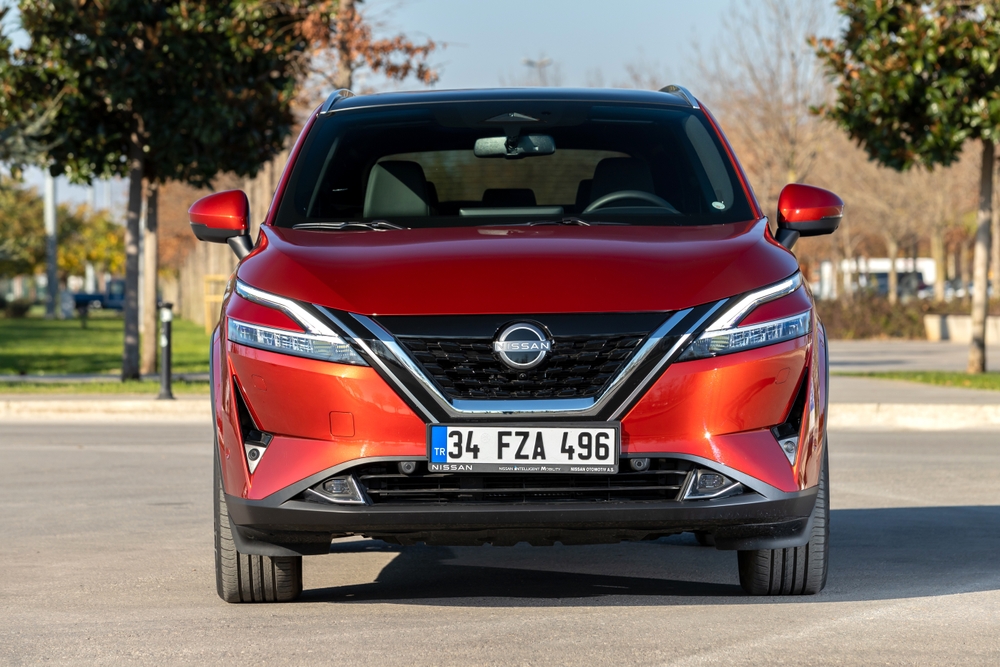
Truth: Not all hybrids are plug-in hybrids. Traditional hybrids, often referred to as “self-charging” hybrids, recharge their batteries using the gasoline engine and regenerative braking. Plug-in hybrids, on the other hand, have larger batteries and can be charged using an external power source.
Myth: Hybrids are a transitional technology that will be replaced by all-electric cars
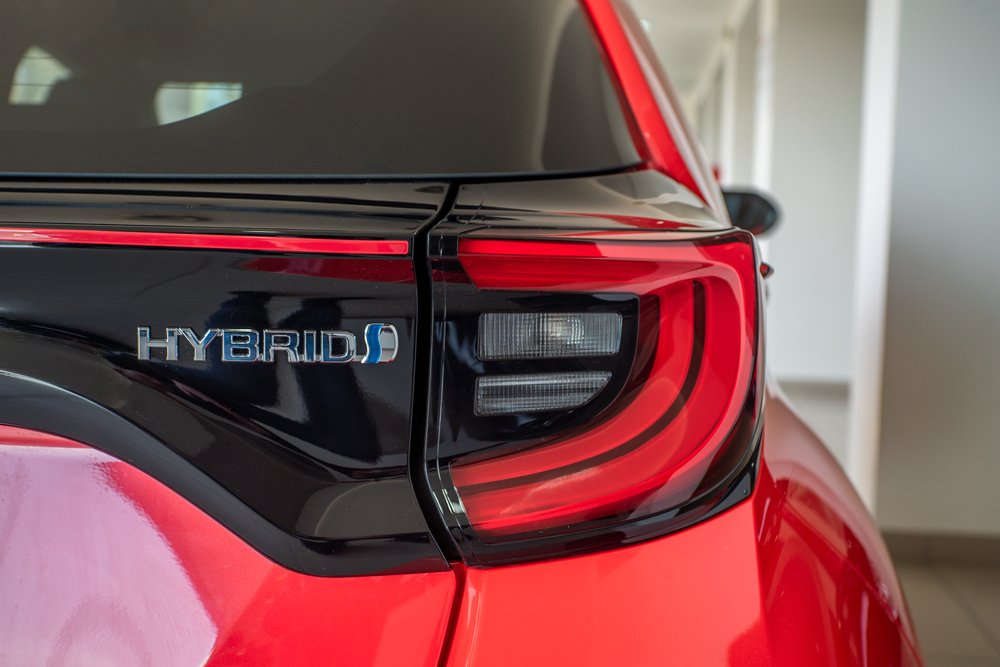
Truth: While electric vehicles (EVs) are indeed gaining popularity, hybrids continue to serve as a valuable option for those who need longer ranges, have limited charging infrastructure, or prefer a combination of fuel sources. The two technologies can coexist and cater to different market needs.
Myth: Hybrids are more prone to breaking down
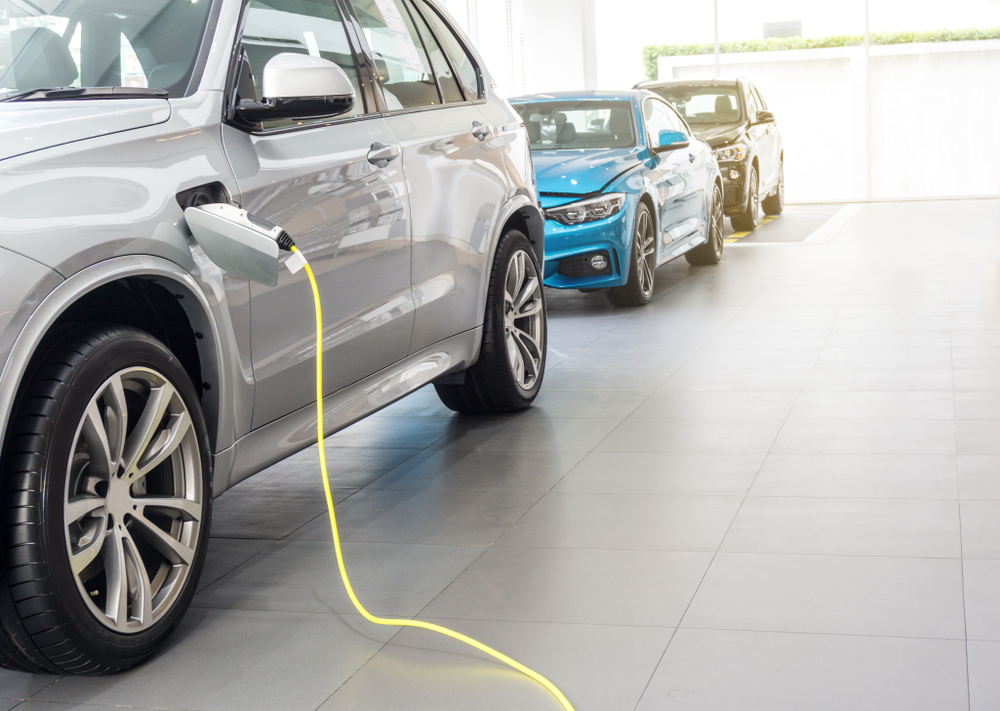
Truth: Hybrids come with complex technology, but that doesn’t necessarily make them less reliable. Many hybrid models have proven to be incredibly durable and reliable over time. Regular maintenance, as with any vehicle, is the key.
Myth: The maintenance cost for hybrids is higher
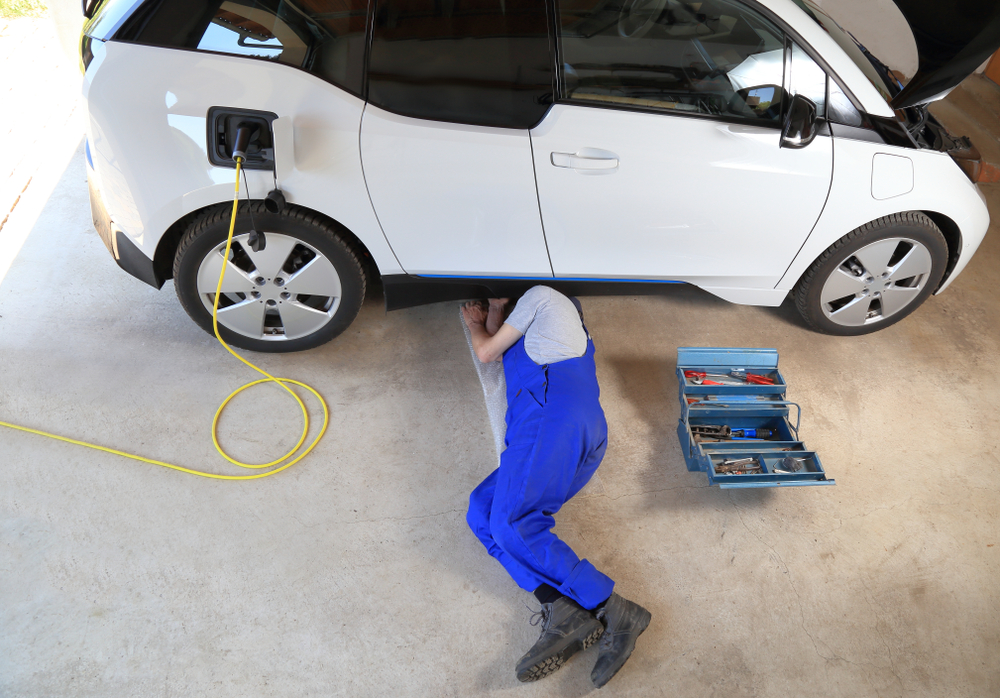
Truth: While some hybrid-specific components might be expensive to replace (like the battery), many hybrids experience reduced wear on traditional parts like brake systems due to regenerative braking. Often, maintenance costs can be comparable to or even lower than those of non-hybrid vehicles.
Myth: Hybrids aren’t really better for the environment because they still use gasoline

Truth: While hybrids do use gasoline, they generally consume less of it compared to traditional cars, resulting in fewer emissions. Moreover, the electric component allows them to run emissions-free for certain distances. While not as clean as all-electric vehicles, hybrids are a significant step up from conventional gasoline-only cars in terms of environmental impact.
This article originally appeared on MyCarMakesNoise.
More from MyCarMakesNoise
22 of the Most Dangerous Cars in Automotive History
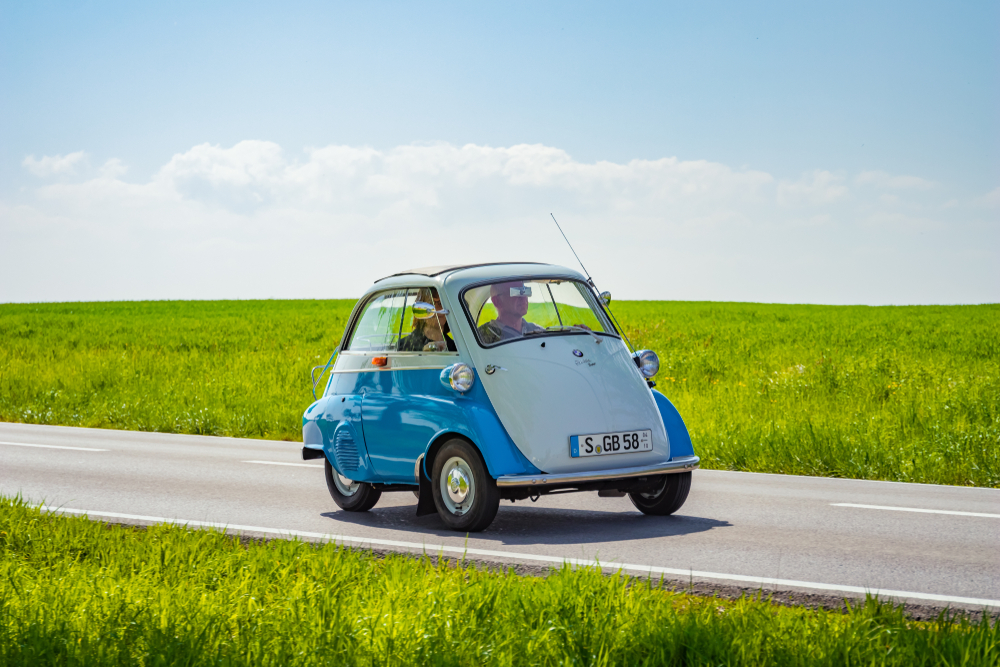
Fast cars symbolize rebellion, but not all are known for safety—some even catch fire unexpectedly. And yes, some enthusiasts put airplane engines in century-old cars for kicks. Read More.
14 Best Bikes from International Manufacturers

Motorcycles, those symbols of freedom and adventure, have captivated our collective imagination with their speed, agility, and style. But beyond the all-American Harleys, a vast world of international motorcycles has left an indelible mark on the motorcycling landscape. Read More.
22 Economical Car Maintenance Tips You Need to Know
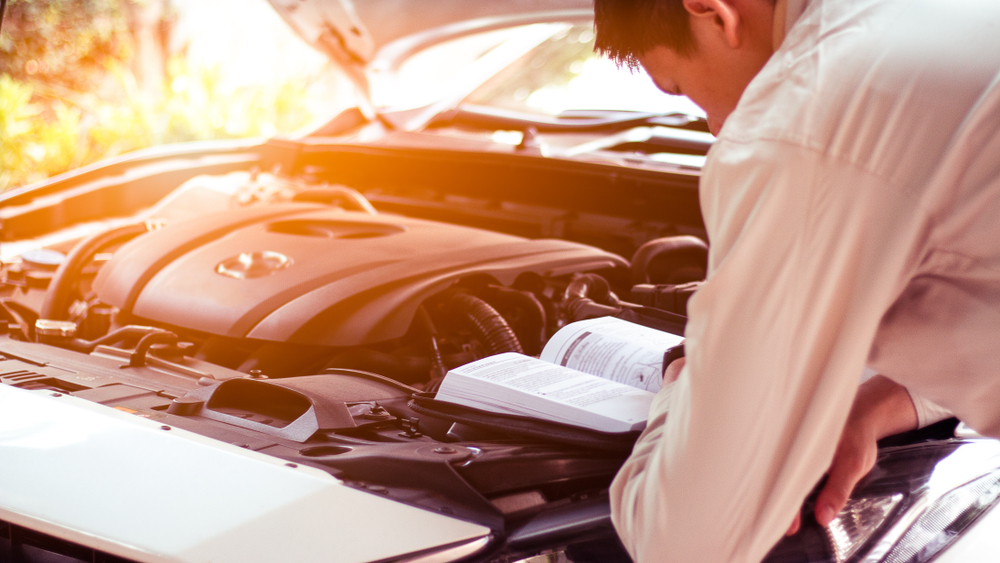
Whether you’re a novice or an experienced driver, these practical guidelines are designed to save you money and ensure safety on the road. Read More.

